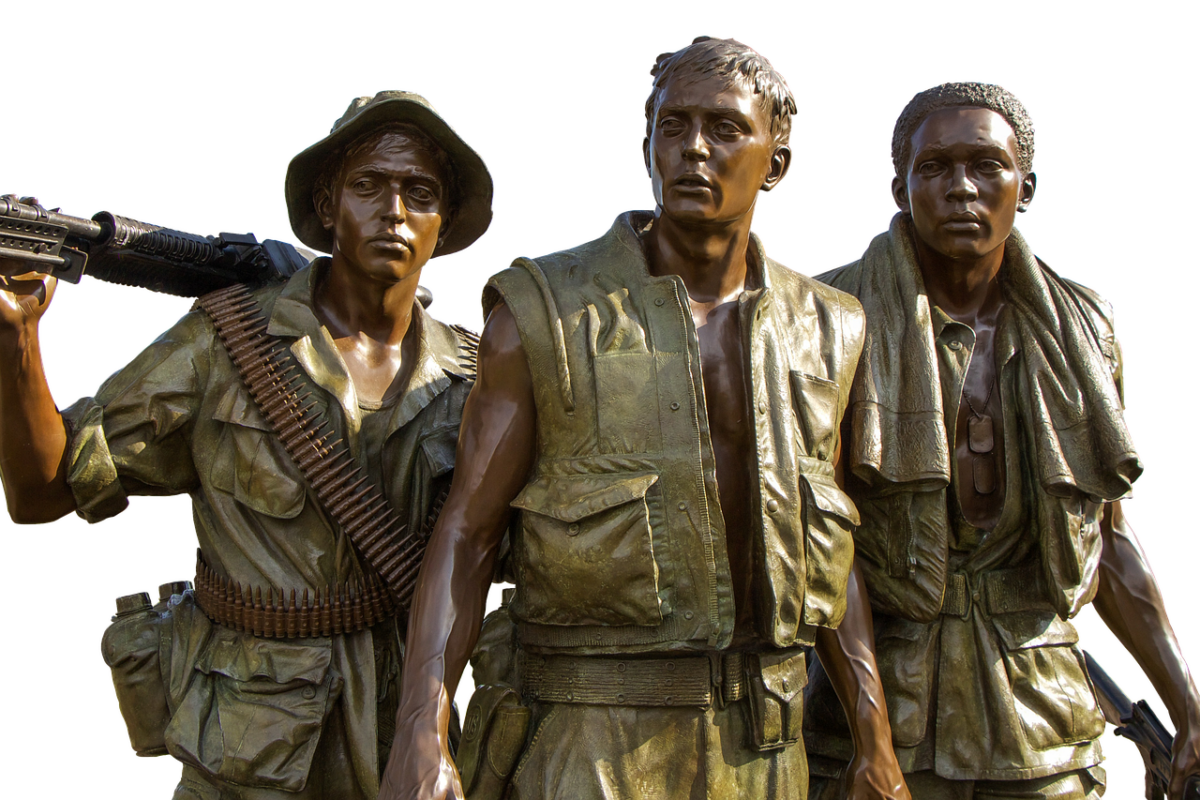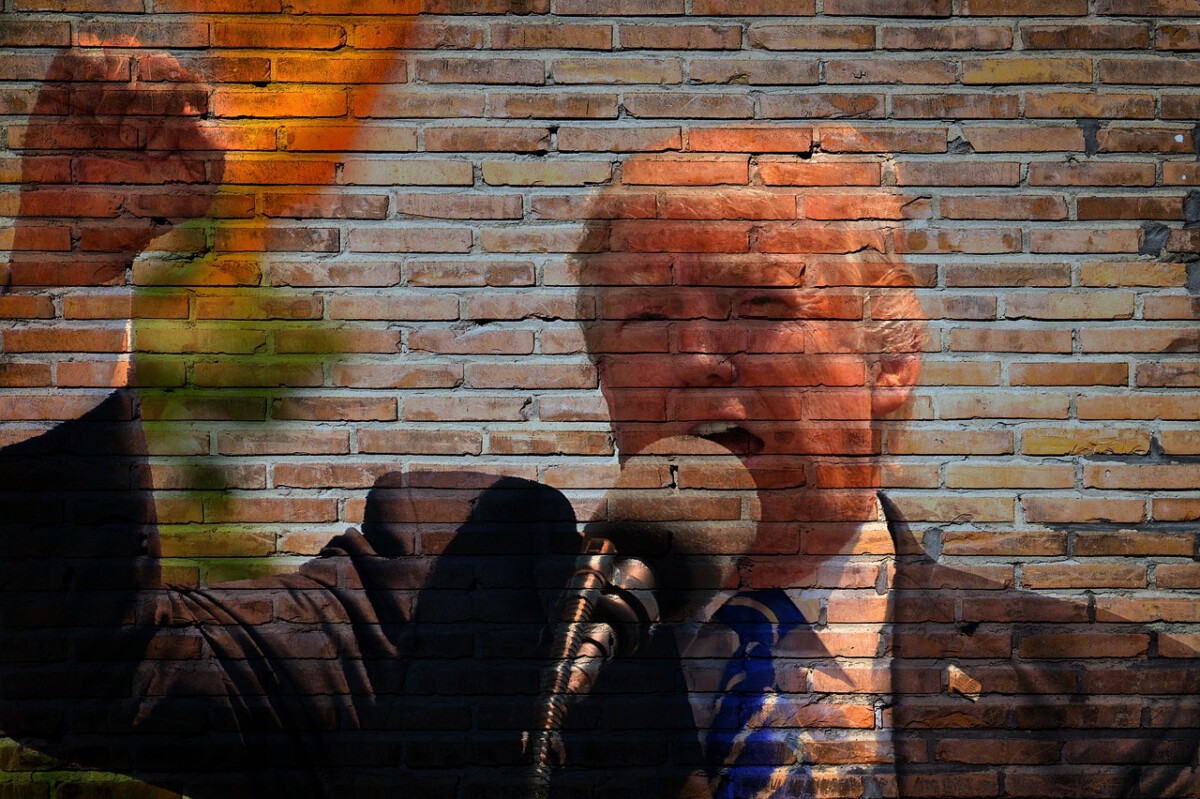The Vietnam War, a conflict that lasted from 1955 to 1975, was not only a significant military engagement but also a period of profound transformation within the United States. The war’s impact extended beyond the battlefield, deeply affecting American society. This article delves into the various facets of how the Vietnam War reshaped the United States, especially focusing on the homefront and its societal implications.
The Rise of the Anti-War Movement

The Vietnam War era witnessed the emergence of a powerful anti-war movement that transformed the political landscape of the United States. Initially, many Americans supported the war, but as the conflict dragged on and the number of casualties mounted, public sentiment began to shift. Key events such as the Tet Offensive and the My Lai Massacre ignited widespread outrage. The anti-war movement became a unifying force for diverse groups, including students, civil rights activists, and even some veterans. It was characterized by large-scale protests, including the famous March on Washington in 1969, where demonstrators demanded an end to the war. The movement not only challenged U.S. foreign policy but also encouraged a new era of political activism among the American youth.
The Role of Media in Shaping Public Perception

For the first time in history, the Vietnam War was brought directly into American homes through television. This unprecedented media exposure played a crucial role in shaping public perception. Graphic images of combat and civilian casualties were broadcast nightly, turning public opinion against the war. Journalists, such as Walter Cronkite, became influential figures, with their reports often questioning the official narrative presented by the government. This media scrutiny contributed to a growing distrust in governmental institutions and fostered a more informed and skeptical public. The role of media during the Vietnam War set a precedent for future conflicts and established the importance of transparency and accountability in government communications.
Changes in Gender Roles and Women’s Activism

The Vietnam War era was a pivotal time for gender roles in the United States. With many men drafted into military service, women began to take on roles traditionally held by men, leading to a shift in societal expectations. Women entered the workforce in unprecedented numbers, taking jobs in factories, offices, and other sectors. This shift was accompanied by the rise of the women’s rights movement, which gained momentum during the 1960s and 1970s. Activists like Betty Friedan and Gloria Steinem emerged as prominent leaders, advocating for equality and challenging traditional gender norms. The intersection of the anti-war and women’s movements highlighted the interconnected struggles for peace and equality, paving the way for future feminist advancements.
The Impact on Civil Rights Movements

The Vietnam War had a significant impact on the Civil Rights Movement in the United States. Many African American leaders, including Martin Luther King Jr., spoke out against the war, emphasizing its disproportionate impact on minority communities. The draft system and economic disparities meant that a higher percentage of African Americans served in combat roles, leading to calls for racial justice both at home and abroad. The slogan “Black Power” became a rallying cry for self-determination and resistance against oppression. The intersection of the anti-war and civil rights movements highlighted the broader struggle for social justice, galvanizing further activism and bringing issues of race and equality to the forefront of American consciousness.
The Transformation of American Culture

The Vietnam War era was a time of significant cultural transformation in the United States. The conflict influenced music, literature, and art, serving as a backdrop for a cultural revolution. Protest music, epitomized by artists like Bob Dylan and Joan Baez, became anthems for the anti-war movement, expressing dissent and advocating for peace. Literature, such as Tim O’Brien’s “The Things They Carried,” explored the psychological toll of the war on soldiers and the nation. Visual art also reflected the chaos and disillusionment of the era, with artists like Robert Rauschenberg using their work to comment on the social and political climate. These cultural expressions not only provided a means of resistance but also shaped public discourse, leaving a lasting impact on American culture.
The Legacy of the Vietnam War on American Society

The Vietnam War left an indelible mark on American society, influencing future conflicts and shaping public attitudes towards government and military engagement. One of the most significant legacies was the establishment of the War Powers Act in 1973, which aimed to limit presidential power in military engagements. The war also contributed to a more skeptical and critical public, less likely to accept government narratives without question. Veterans returning from Vietnam faced significant challenges, including issues such as PTSD, highlighting the need for better support systems for those who served. The lessons learned from the Vietnam War continue to resonate in contemporary discussions about foreign policy and military intervention, reminding us of the complexities and consequences of war.
The Economic Impact on American Society

The Vietnam War had a substantial economic impact on American society, diverting resources and attention away from domestic issues. The financial cost of the war was enormous, leading to increased national debt and inflation. This economic strain contributed to a period of economic instability in the United States during the 1970s. The war also affected industrial production, as military needs took precedence over consumer goods. The economic consequences of the Vietnam War highlighted the need for careful consideration of the financial implications of military engagements and underscored the importance of balancing foreign policy priorities with domestic needs.
The Psychological Toll on Soldiers and Society

The Vietnam War took a significant psychological toll on soldiers and society as a whole. Many veterans returned home with physical and emotional scars, struggling to reintegrate into civilian life. The concept of post-traumatic stress disorder (PTSD) gained recognition during this period, highlighting the need for mental health support for veterans. The war also affected the American public, leading to a sense of disillusionment and skepticism towards government institutions. The psychological impact of the Vietnam War underscored the importance of addressing the mental health needs of those affected by conflict and highlighted the broader societal implications of war.
The Influence on Subsequent Military Engagements

The Vietnam War had a lasting influence on subsequent military engagements and U.S. foreign policy. The conflict highlighted the complexities of military intervention and the limitations of military power. The lessons learned from Vietnam influenced decisions in later conflicts, such as the Gulf War and the wars in Iraq and Afghanistan. The Vietnam War also contributed to a more cautious approach to military engagements, emphasizing the need for clear objectives and exit strategies. This legacy continues to shape discussions about the role of the United States on the global stage and the balance between military intervention and diplomatic solutions.
The Enduring Lessons of the Vietnam War

The Vietnam War offers enduring lessons for American society, highlighting the complexities of war and the importance of critical engagement with government policies. The conflict underscored the need for transparency, accountability, and public involvement in decisions related to military engagement. It also emphasized the interconnectedness of social justice issues and the power of collective action. As we reflect on the Vietnam War and its impact on American society, it is essential to recognize the lessons it offers for future generations and the importance of striving for peace, equality, and justice in an ever-changing world.








